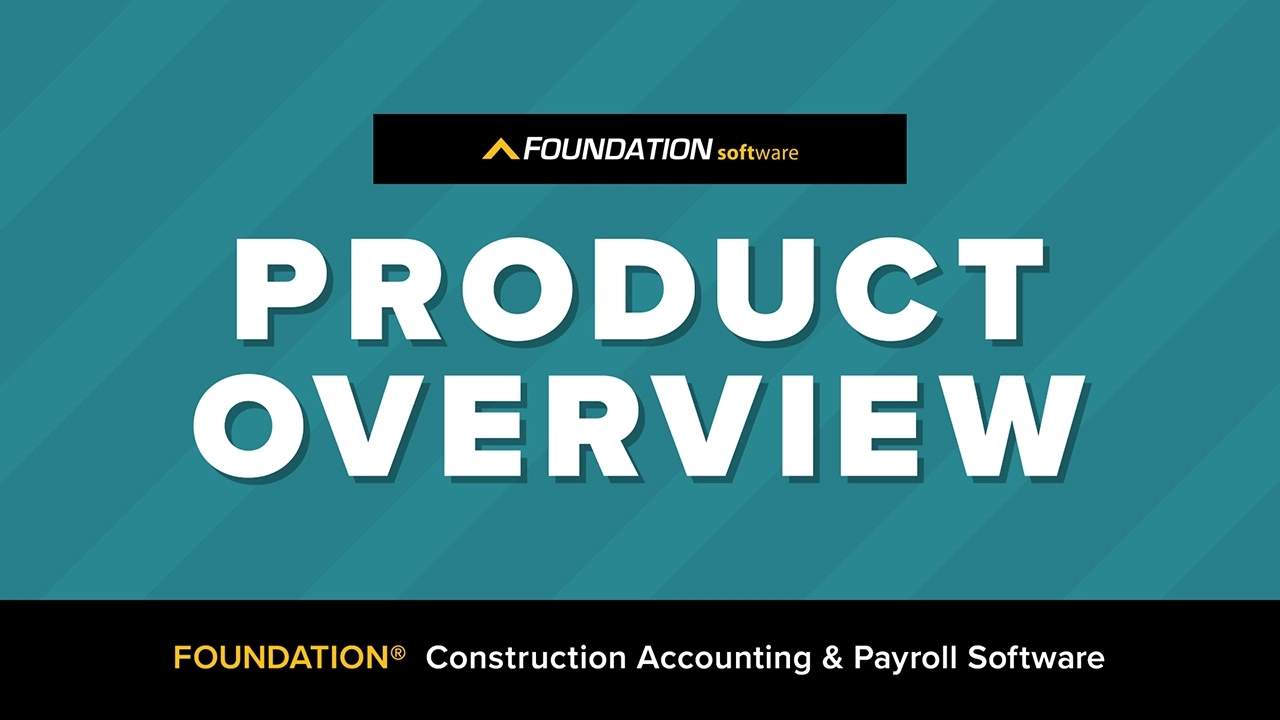

The Tax Cuts and Jobs Act (TCJA), enacted in December 2017, introduced several significant provisions that have influenced various sectors, including the construction industry.
As key provisions approached their expiration dates in 2025, Congress took action: the One Big Beautiful Bill Act, signed into law on July 4, 2025. The act permanently reinstated 100% bonus depreciation for qualified property acquired and placed in service after January 19, 2025 — a major reversal after bonus depreciation had been phasing down from 100% in 2022 to just 40% in 2025.
It is important to note the expiration of the TCJA will also affect various other industries and individuals, each facing unique challenges and opportunities.
Key Provisions Expiring
The following chart outlines a few of the key expiring tax provisions relevant to the construction industry:
| Provision | Description | Expiration Date | Reversion |
| Qualified Business Income (QBI) Deduction | Deduction of up to 20% on qualified business income from pass-through entities | December 31, 2025 | Reverts to no QBI deduction for pass-through entities and sole proprietors |
| Bonus Depreciation | 100% bonus depreciation for qualifying property purchased and placed in service | December 31, 2022 -December 31, 2026 | Phases down by 20%annually beginning 2023 until it reaches 0% in 2027 |
| Employer Credit for Paid Family and Medical Leave | Eligible employers can claim a tax credit as a percentage of wages paid while employees are on qualified family and medical leave | December 31, 2025 | Credit will no longer be available |
| Individual Tax Rate Cuts | Reduced tax rates for individuals, lowering tax liabilities across various income brackets | December 31, 2025 | Reverts to higher pre-TCJA tax rates |
| Estate Tax Exemption | Increased exemption for estate taxes, allowing individuals to pass more wealth tax-free | December 31, 2025 | Reverts to lower exemption limits |
| Alternative Minimum Tax (AMT) Adjustment | Adjustments made to AMT calculations, including increased exemption amounts and higher phase-out thresholds | December 31, 2025 | Reverts to previous, lower exemption thresholds |
Key Provisions and Their Impacts
1. Qualified Business Income (QBI) Deduction
The QBI deduction allows pass-through entity owners and sole proprietors, including many construction firms, to deduct up to 20% of their qualified business income. Its expiration at the end of 2025 could lead to increased tax liabilities for these companies, affecting their cash flow and reinvestment capabilities.
This deduction has been particularly beneficial for small to mid-sized construction businesses, making them more competitive against larger firms.
2. Bonus Depreciation
The 100% bonus depreciation provision has been vital for construction companies investing in new machinery and equipment. As this provision phases down by 20% annually, beginning in 2023, firms may need to reevaluate capital expenditures. A reduced depreciation benefit could lead to higher taxable income, influencing new projects or expansion decisions.
3. Employer Credit for Paid Family and Medical Leave
This credit has provided crucial financial relief to employers, allowing them to support employees during family and medical leave without bearing the full cost. With its expiration set for the end of 2025, construction companies may need to reassess their compensation and benefits strategies, which could impact their ability to attract and retain skilled labor in a competitive market.
4. Individual Tax Rate Cuts
The individual tax rate reductions have enhanced disposable income for many, encouraging consumer spending, including demand for construction projects. With rates set to revert to pre-TCJA levels, higher tax liabilities may reduce consumer spending power, negatively affecting market demand.
Additionally, the TCJA doubled the tax bracket limits for married taxpayers compared to those for single filers for all but the highest marginal bracket, helping level the tax burden between the two groups.
With the sunset, these brackets will likely revert to their previous levels (adjusted for inflation), leading to disproportionately higher tax liabilities for many married couples.
5. Estate Tax Exemption
The TCJA significantly increased the estate tax exemption to $13.61 million per individual. After 2025, the exemption will be reduced to one-half of its then-indexed-for-inflation amount.
Forecasts currently predict the exemption will revert to approximately $7 million as of Jan. 1, 2026, significantly increasing estate tax liabilities for families involved in construction businesses.
This change may influence succession planning and business continuity strategies.
6. Alternative Minimum Tax (AMT) Adjustment
The TCJA made significant adjustments to AMT, including raising the exemption amount to $72,900 for individuals and $113,400 for married couples filing jointly, along with higher phase-out thresholds.
As these adjustments expire at the end of 2025, taxpayers may find themselves subject to AMT again, with the exemption amounts reverting to$54,300 for individuals and $84,500 for married couples (adjusted for inflation), along with lower phase-out thresholds.
This reversion could lead to potentially higher tax liabilities and complicated financial planning. It is also important to note that after the phase-out of bonus depreciation, all assets will be required to calculate depreciation using a slower recognition of expense for AMT purposes.
Construction firms will need to evaluate their tax strategies and consider the impact of re-entering the AMT system on their overall financial health and project funding capabilities.
Conclusion
As the expiration dates for these and many other TCJA provisions approach, the construction industry must prepare for potential shifts in its financial landscape. Strategic planning will be critical for navigating these changes.
Construction firms should engage with tax professionals to explore strategies that can ease the impacts of these expirations, ensuring continued growth and competitiveness in an evolving market.
About the Author
Andrea C. Johnson
Andrea Johnson is a tax senior at Thompson Greenspon, focusing on the tax preparation of both individual and business returns. Prior to joining the firm, Andrea has two years of corporate accounting experience in the construction industry. Andrea has a BS in Accounting from the University of Akron.
About Thompson Greenspon
Thompson Greenspon is a certified public accounting firm providing tax, audit, accounting, financial reporting, and advisory services to businesses in various industries, including construction & real estate, government contracting, and nonprofit organizations. Located in Fairfax, VA, the firm has served the Washington, DC metropolitan area for over 65 years. For more information about Thompson Greenspon, visit https://www.tgccpa.com/ or call 703.385.8888.
Share Article
Keep on current news in the construction industry. Subscribe to free eNews!
Our Top 3 YouTube Videos
Learn about our software more in depth with product overviews, demos, and much more!

Our ACA reporting & e-filing services include official 1094-C and 1095-C IRS reporting, optional e-filing (no applying for a TCC code required), mailing to your employees and experienced support to help you.

There are plenty of reasons to make FOUNDATION your choice for job cost accounting and construction management software — just ask our clients!

From job cost accounting software, to construction-specific payroll. Get an overview on your next all-in-one back-office solution.


